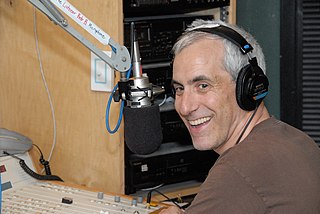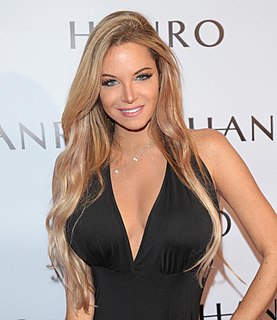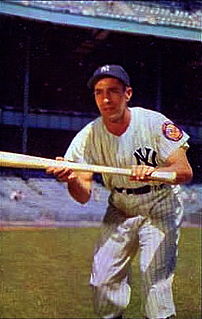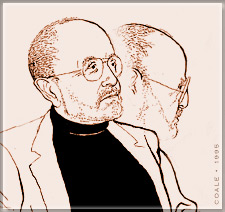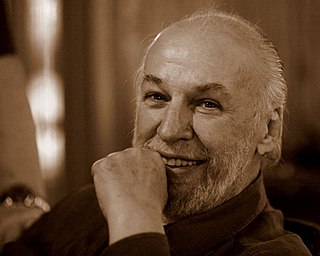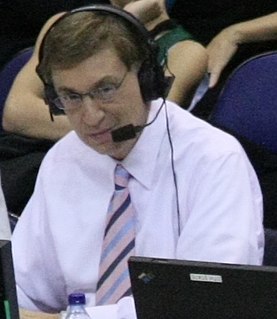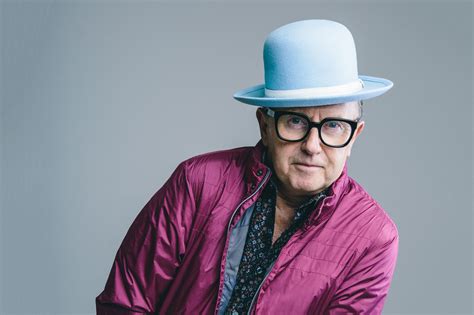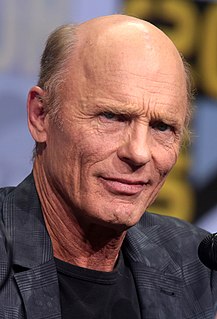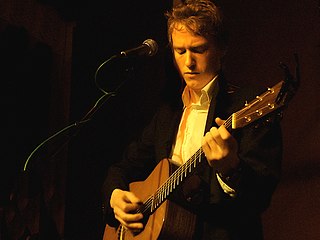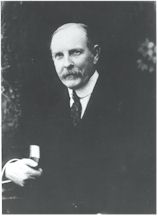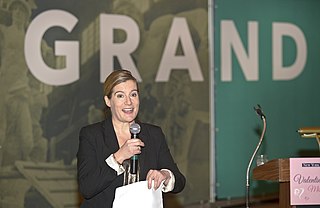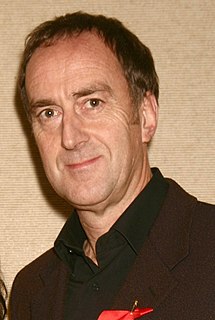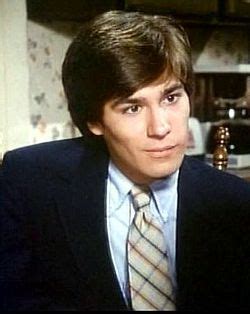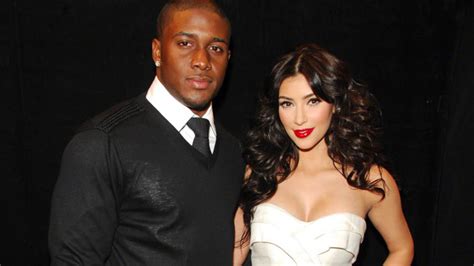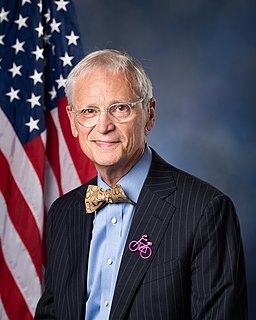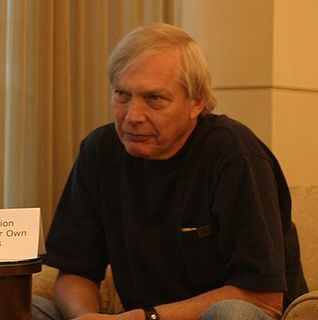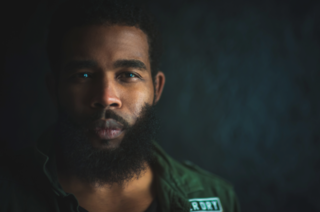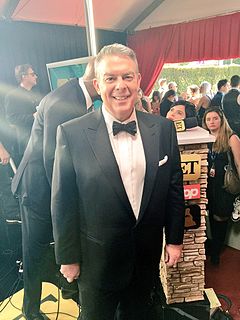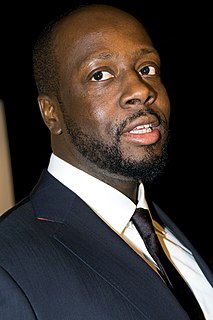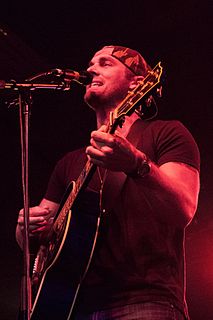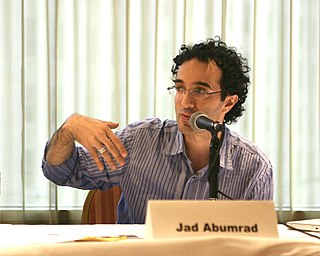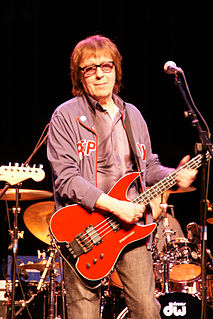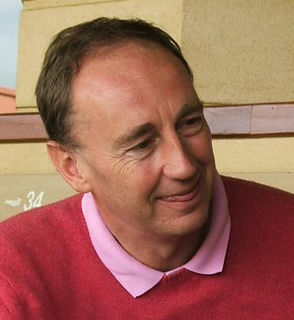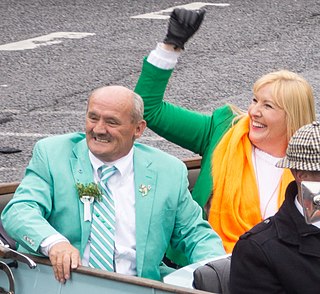Top 1200 Public Radio Quotes & Sayings
Explore popular Public Radio quotes.
Last updated on April 14, 2025.
I am sort of proud that I think radio has become a dominant influence in shaping public opinion. Good radio paints the picture for the audience. The audience has to be actively involved. Sometimes, in television, you can get lulled into sleep watching the picture, not listening to what you're hearing.
Listen- my relationship with radio on a personal level is nothing but a one way love-a-thon... I love radio, I grew up on radio. That's where I heard Buddy Holly, that's where I heard Chuck Berry. I couldn't believe it the first time I heard one of my records on the radio, and I STILL love hearing anything I'm involved with on radio, and some of my best friends were from radio. But we were on different sides of that argument, there's no question about that.
Supposing we knew that up there is some alien civilization and it's sending radio signals our way we should not tell the public where that is. We could say that we've picked up a signal, but we should not tell them where for the simple reason that anybody could commandeer a radio telescope, set themselves up as some self appointed spokesperson of mankind and start beaming all sorts of crazy messages back to the aliens.
We are extremely proud to represent all of Radio One's stations within the Katz Radio Group. For the past five years we have worked diligently alongside Radio One to build their business in the markets we have historically represented including Houston, Los Angeles, Philadelphia , Raleigh and Columbus. At a time of significant growth in the African American consumer market the addition of the remaining Radio One stations expands our ability to deliver strategic marketing solutions to our agency and advertiser customers.
College radio is a very important medium that needs to survive in difficult economic times when some stations are being sold off and shut down. College radio is the future for broadcasting stars and pioneers of tomorrow, and we as a band, Coldplay, support the vital mission of college radio and we also support College Radio Day, the day when college radio comes together.
I wrote 'Turn Your Radio On' in 1937, and it was published in 1938. At this time radio was relatively new to the rural people, especially gospel music programs. I had become alert to the necessity of creating song titles, themes, and plots, and frequently people would call me and say, 'Turn your radio on, Albert, they're singing one of your songs on such-and-such a station.' It finally dawned on me to use their quote, 'Turn your radio on,' as a theme for a religious originated song, and this was the beginning of 'Turn Your Radio On' as we know it.
My father being a Caribbean minister, one day I stole the radio. The radio that I stole, I took it to school, showing off how big this boom box was and how bad I was at the time. Once my father figured out where I left the radio, he then got his belt and he walked me, he beat me all the way to where I had hid the radio, and with the boom box.
The power of a label and radio and a booking agency and all that - you never know until you experience it the first time, but being able to have a song on radio, but then go play a show for people that have heard the song on radio, and having it sung back to you, is - I don't know how to describe it.
The thought of people in this day and age sitting down to listen to a radio variety show on Saturday evening is rather implausible and was even more so in 1974 when we started “A Prairie Home Companion.” Thank goodness Minnesota Public Radio was too poor to afford good advice or the show never would've got on the air. We only did it because we knew it would be fun to do. It was a dumb idea. I wish I knew how to be that dumb again.
Because I don't do stand-up, radio has always been my equivalent, a place to stay in connection with the public and force myself to write every week and come up with new characters. Plus it's a medium that – having grown up with it and putting myself to sleep with a radio under my pillow [as a kid] – I love. No matter what picture you want to create in the listener's mind, a few minutes of work gets it done.
